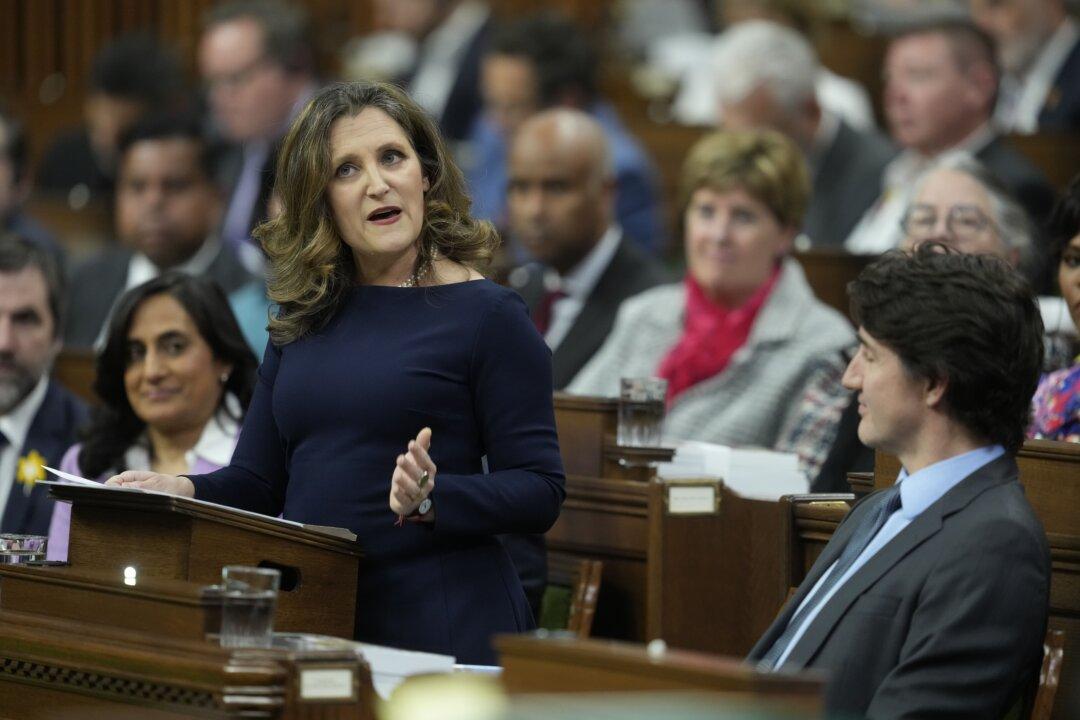Higher taxes for “the very wealthiest” Canadians will help fund big spending in the 2024 federal budget, said Finance Minister Chrystia Freeland when she presented the budget on April 16. But the negative impacts of these higher taxes could affect more than just the wealthiest, some economists say. And the wealthiest may be able to get around the increase, leaving Ottawa with less revenue than expected.
“It’s not just the rich. Many Canadians will be affected,” Jake Fuss, director of fiscal studies at the Fraser Institute think tank, told The Epoch Times.





